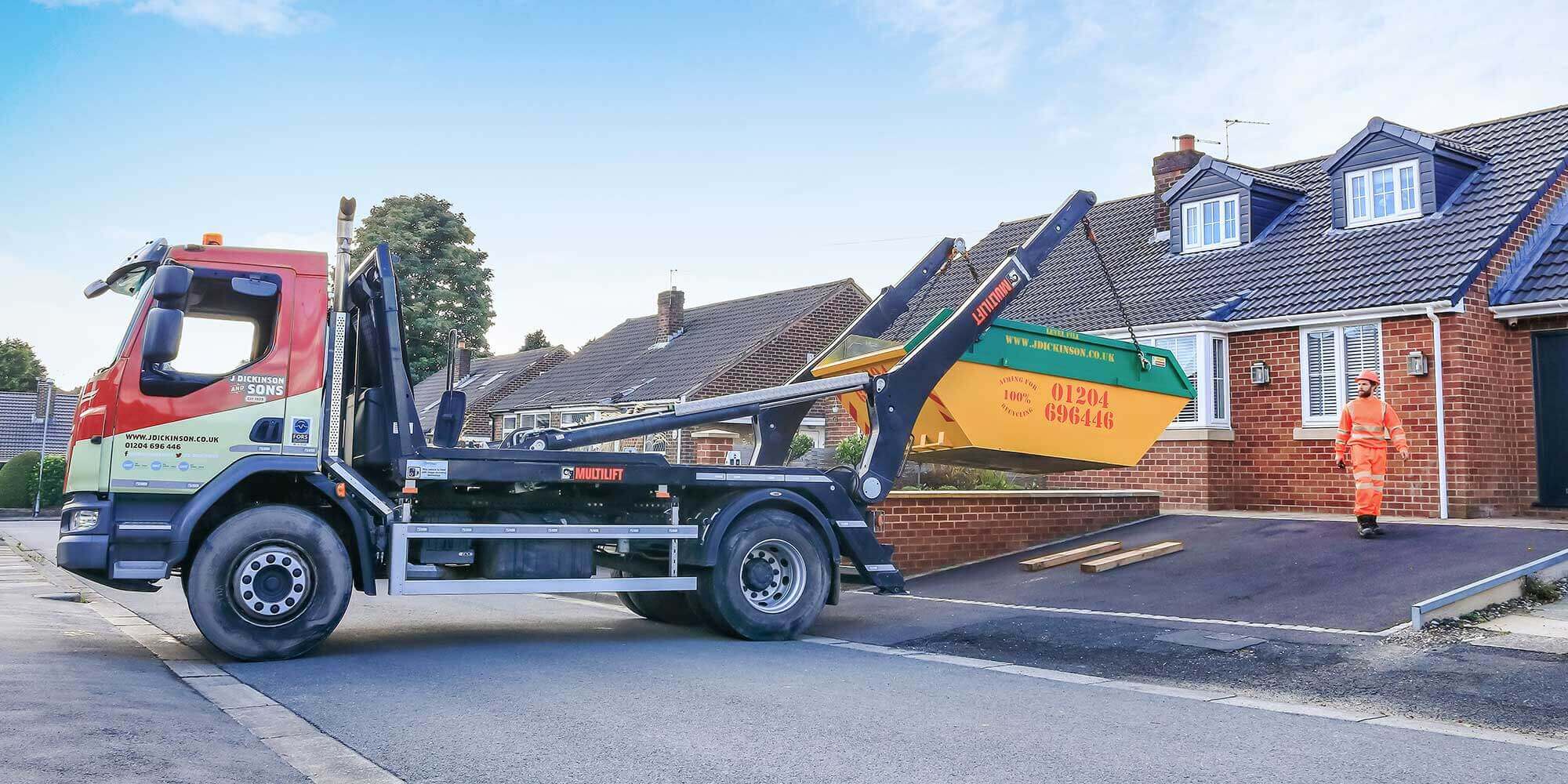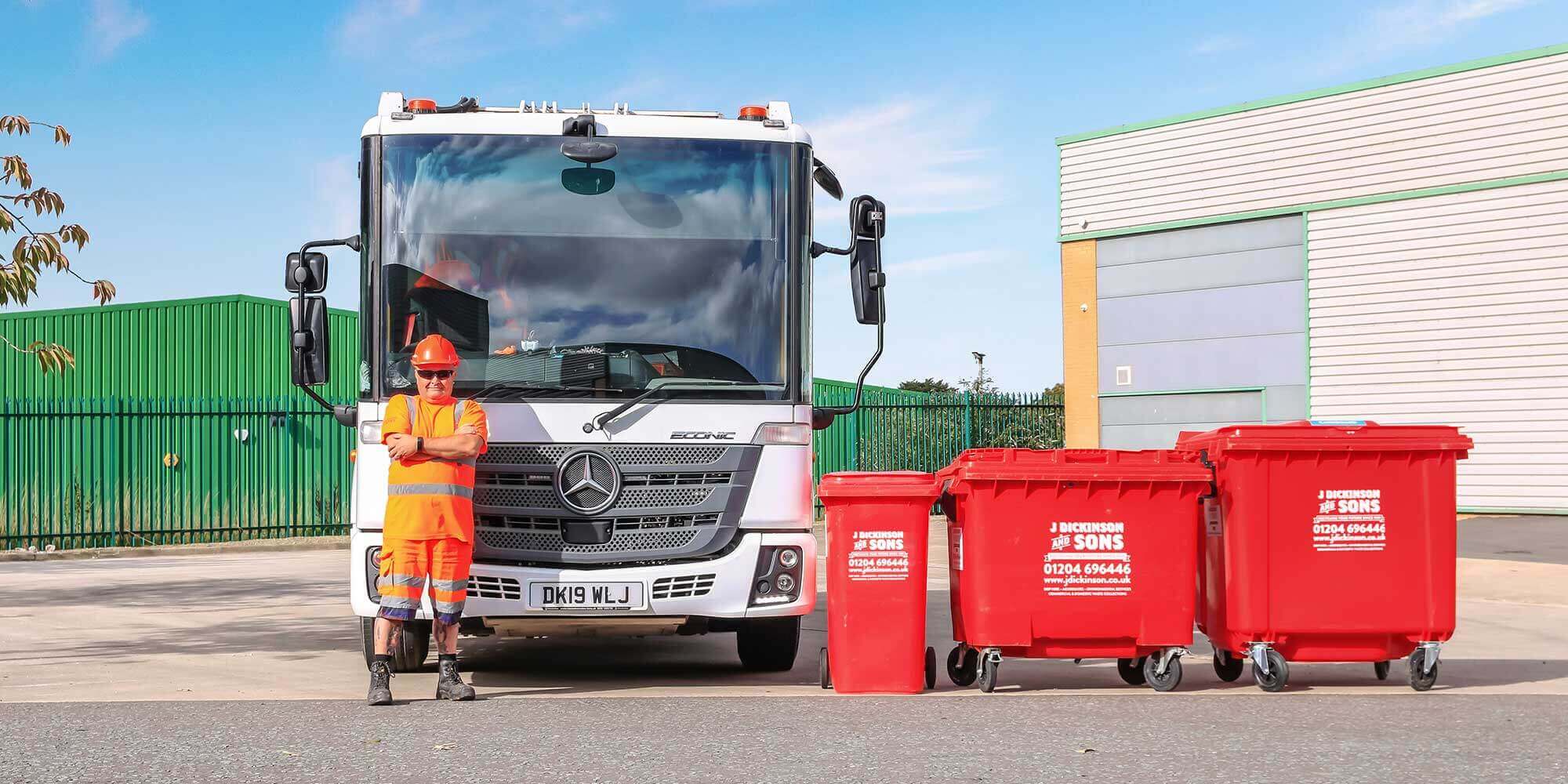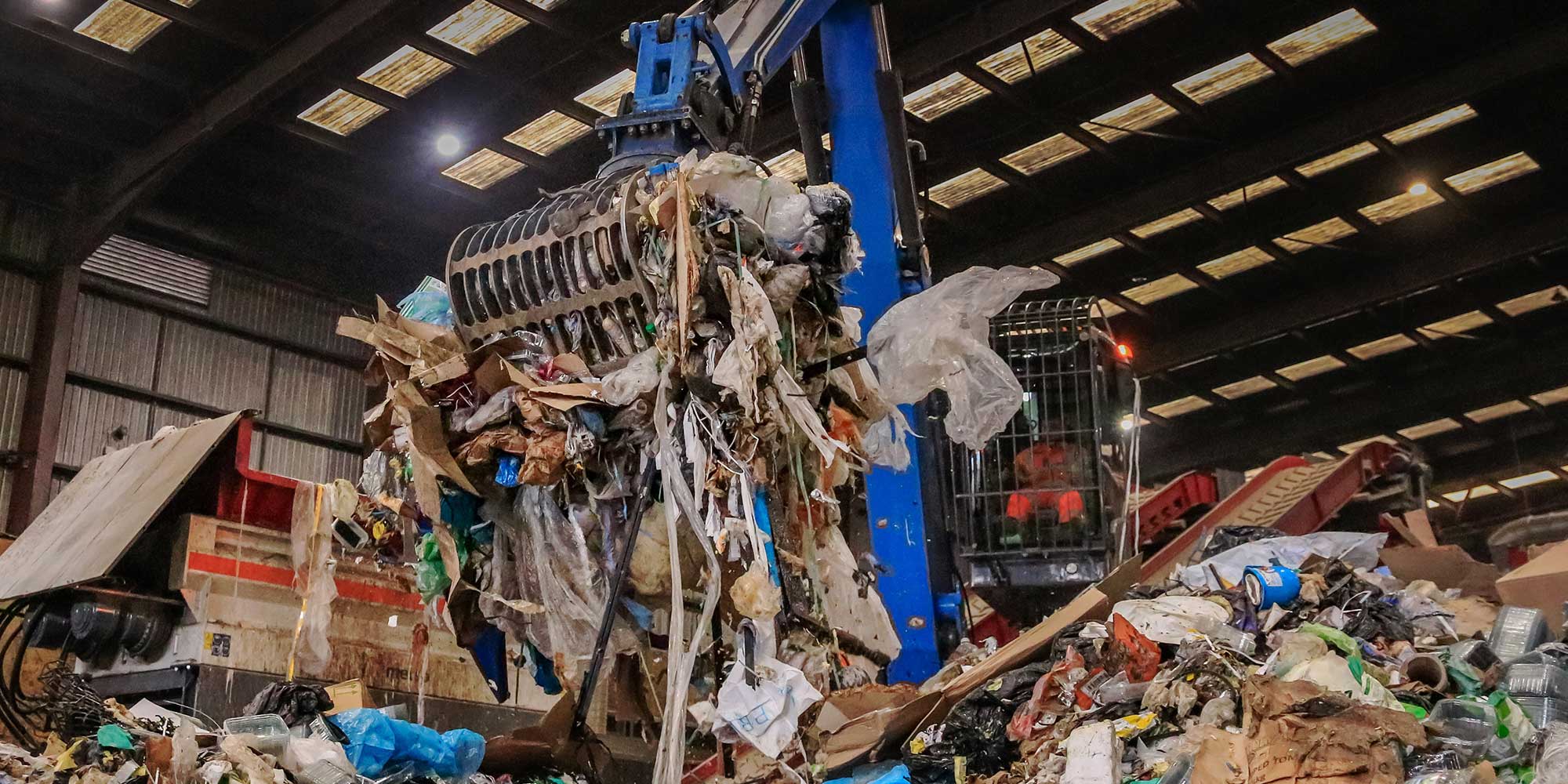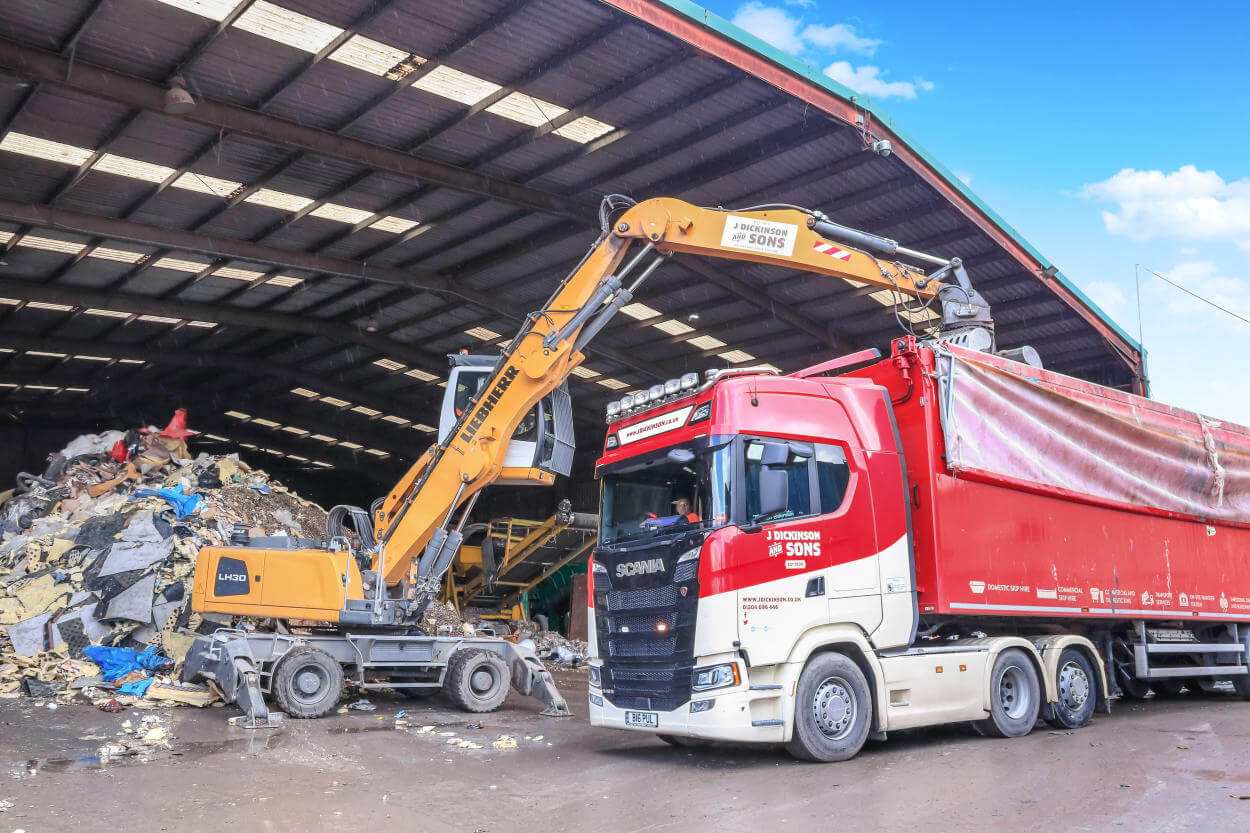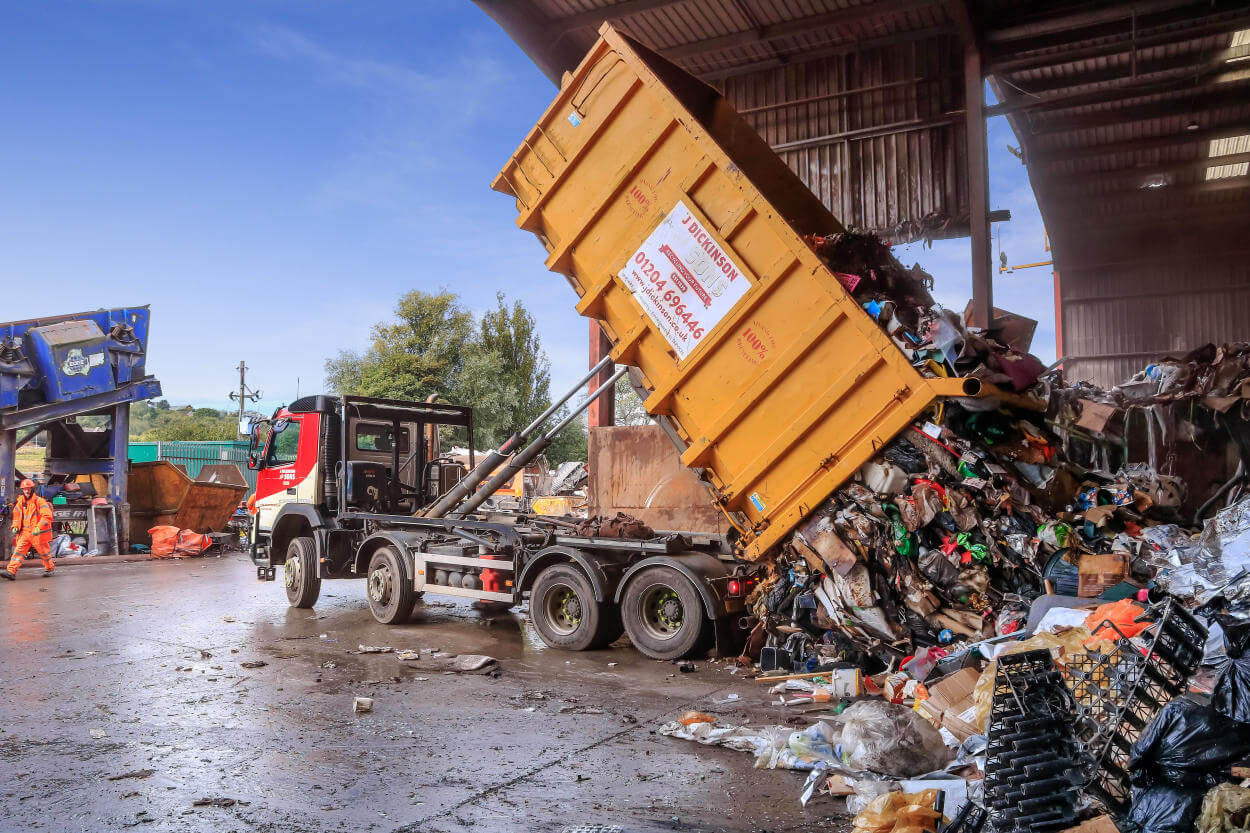We provide skip hire in Bolton and across Greater Manchester for all sorts of different projects, from house and garden DIY projects to professional refurbishments.
Hiring a skip is a great way to get all the capacity you need for bulky waste materials, heavy waste or mixed materials, but there are a few things you can do to make even better use of your skip.
We’ve chosen five top tips for skip hire and included them below as a quickstart guide to getting the most out of your hired skip.
1. Bags or no bags?
First of all, think about whether you want to bag your rubbish first, before placing it in your skip.
There are a few advantages to doing so – you can keep similar materials together without them contaminating the rest of the skip, and it helps to stop lightweight materials from blowing away.
2. Wheely easy walk-in skips
We talk a lot about walk-in skips as the best option for easy access, and that’s because you don’t have to lift your rubbish as high to clear the side of the skip.
The drop side of a walk-in skip is also much easier to navigate with a wheelbarrow, so you don’t have to try and push a heavy barrow up a makeshift ramp.
3. Keep it level
As much as possible, try to keep the rubbish in your skip roughly level, especially when it’s full – the maximum fill line should be very obvious and it’s essential for safety reasons that you don’t fill past it.
Uneven waste can shift during transport and that’s no good thing, so if you’re unsure and want any extra advice on how to fill your skip so it’s as safe as possible for collection, please get in touch and we’ll be happy to help.
4. Think about weight
Another factor aside from the maximum fill line is the weight of the materials you put in your skip. Hired skips get used for all sorts of projects so it’s not unusual for them to contain some fairly heavy and bulky materials.
If you have heavy and lightweight materials to dispose of on a large project with multiple skips, it’s helpful if you distribute the heavier items across different skips. This helps to prevent any one skip from containing all of the heaviest waste, so it’s easier to collect all of your skips without any problems or delays.
5. Recyclable and hazardous waste
Identify your recyclable waste and keep it free from any contaminants – that might mean bagging it up or even using several different skips for recyclables on large projects, so you can separate the different materials as you go.
Anything hazardous may not be permitted so ask if you have any materials you think might be on the restricted list. We will be unable to collect your skip if it contains such materials, but by asking upfront we can help you to decide how best to dispose of them separately.
Share this
